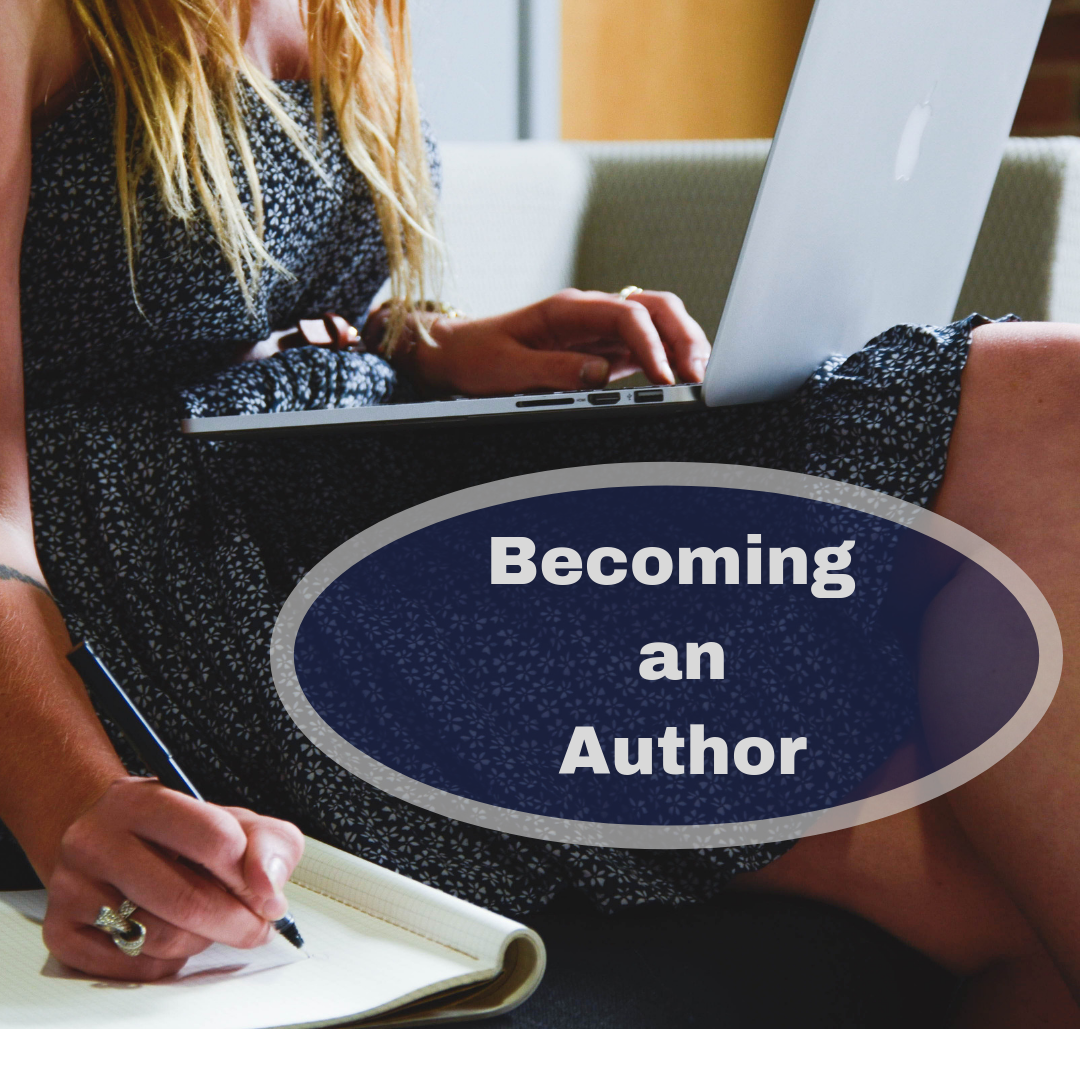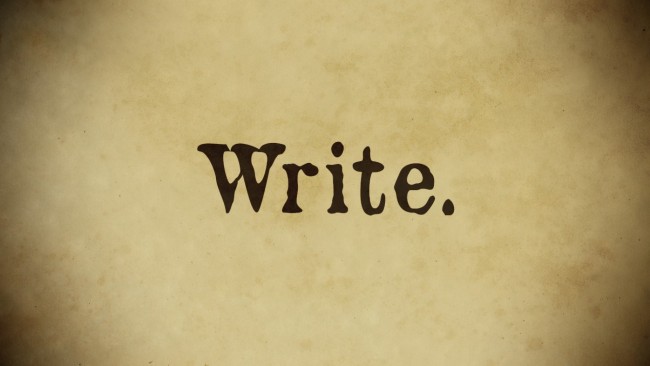
A Simple Proposal Formula
I wrote about 50 books with traditional publishers and even crafted two proposals that got six figure advances—before I…
November 26, 2022
I wrote about 50 books with traditional publishers and even crafted two proposals that got six figure advances—before I…
November 26, 2022
Recently, I decided to upgrade and focus on my YouTube channel. When I first started it in 2006, my…
February 28, 2021
When it comes to building a platform, numbers fly around conversations like flies on leftovers. Some may say you…
January 18, 2021
“So we rebuilt the wall… for the people worked with all their heart.” Nehemiah 4:6 (NIV) Nehemiah was a…
August 3, 2020
If you’ve been trudging along the writing path long enough, you’ve probably already discovered that it isn’t for the…
May 9, 2020
I wrote about fifty books with traditional publishers, including two proposals that got six figure advances—before I began working…
July 25, 2019
The first reaction I get when I tell another romance writer that I write sweet love stories is often…
November 23, 2018
Some work we love. Some work we hate. Much work we do as a labor of love. A labor…
July 10, 2018
I was once in a bus full of high school students when I heard a boy behind me read…
July 19, 2017
I’m excited to welcome each of you to the Writerly Cafe at Almost An Author. Here, you’ll find a…
May 4, 2016
“Fill your paper with the breathings of your heart.” – William Wordsworth The breathings of our heart, our passion,…
August 14, 2015